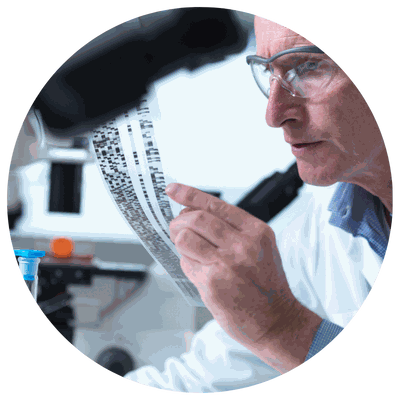Genomics-driven agriculture might just be the sustainable key to feeding the world
March 10, 2023 | Food Testing Lab
Currently, long-read sequencing has not seen much throughput. It would be challenging to incorporate into studies where many seeds and microbe species must be sequenced.
However, Corteva Agriscience and PacBio are collaborating to advance its agrigenomics programmes with the most accurate sequencing technology. The aim is to establish more efficient workflows and library preparations to enable the yearly sequencing of thousands of samples for seed and crop protection research.
Back To Top

